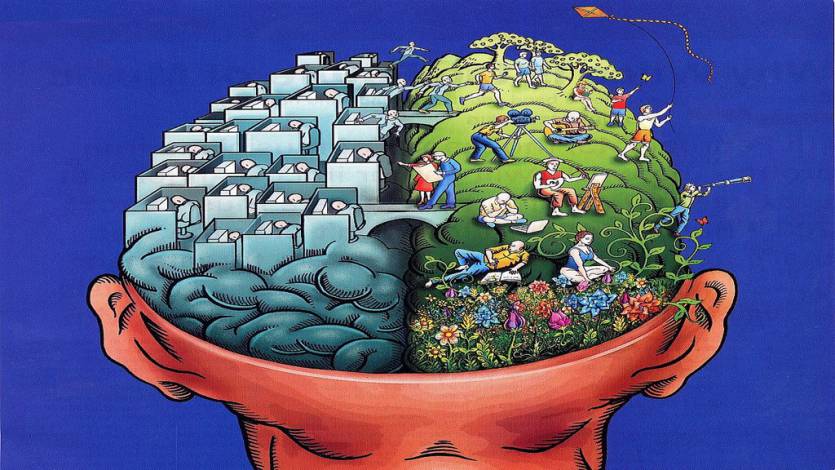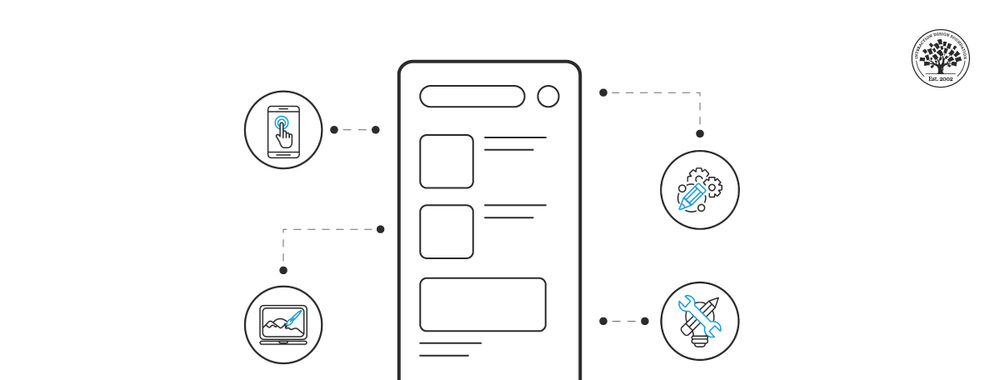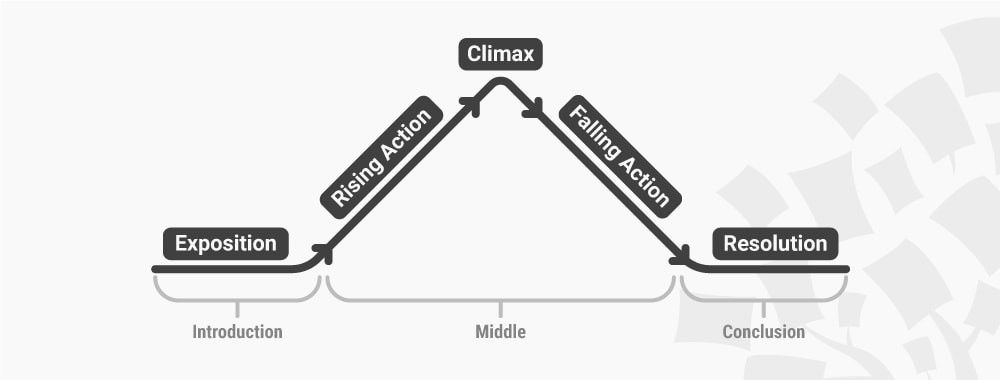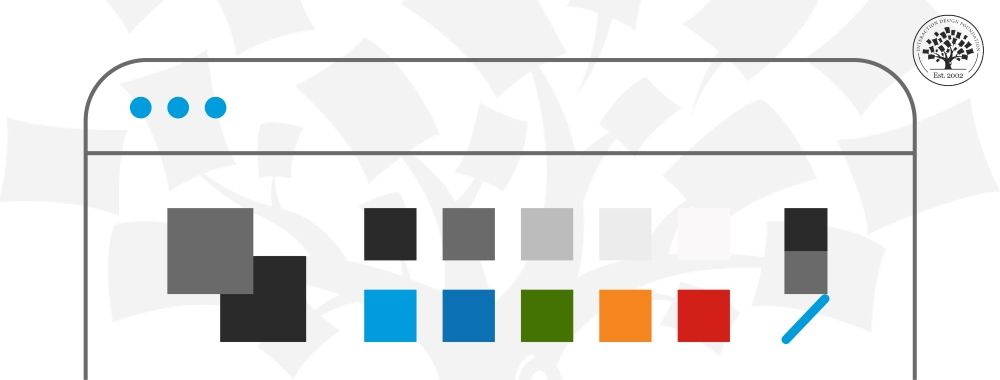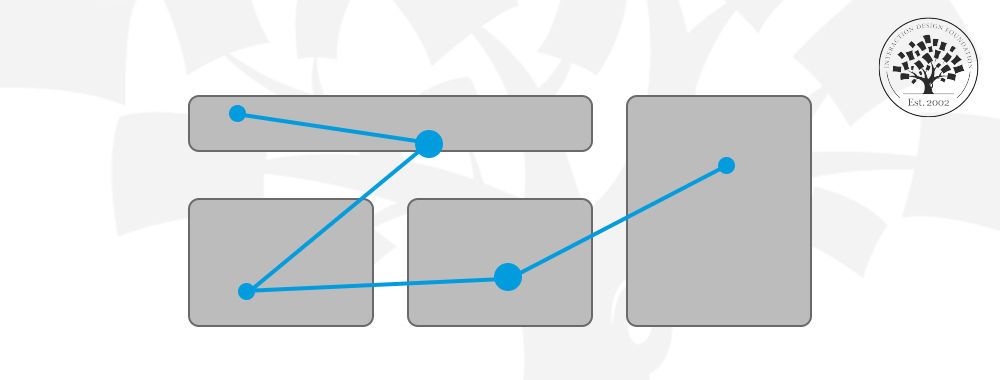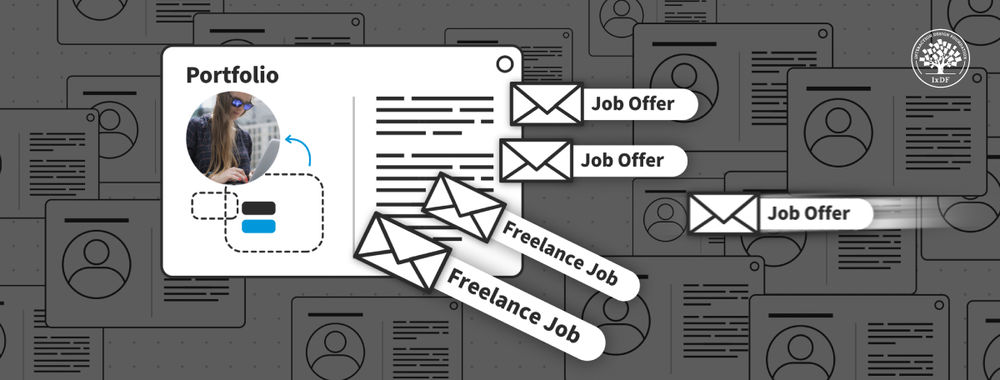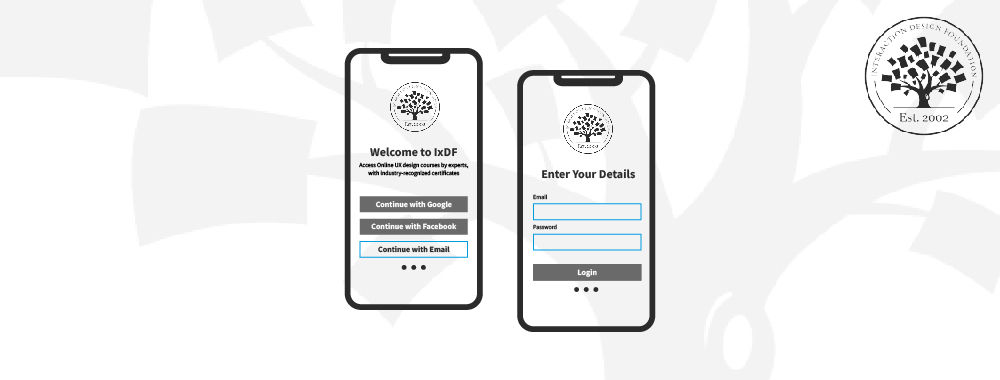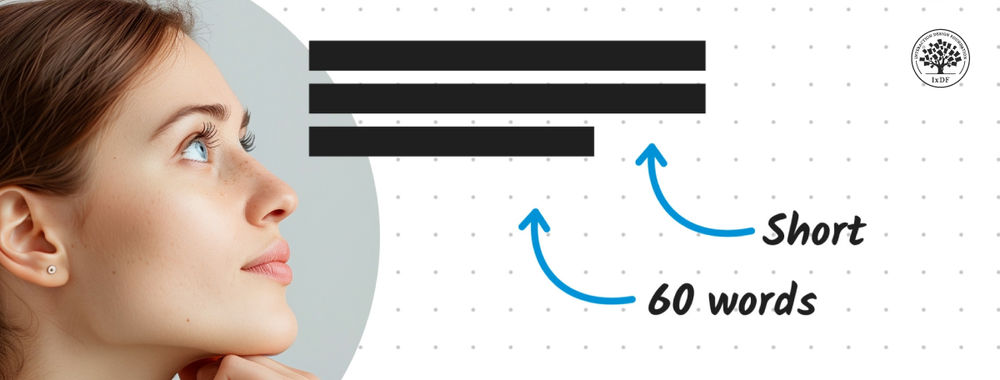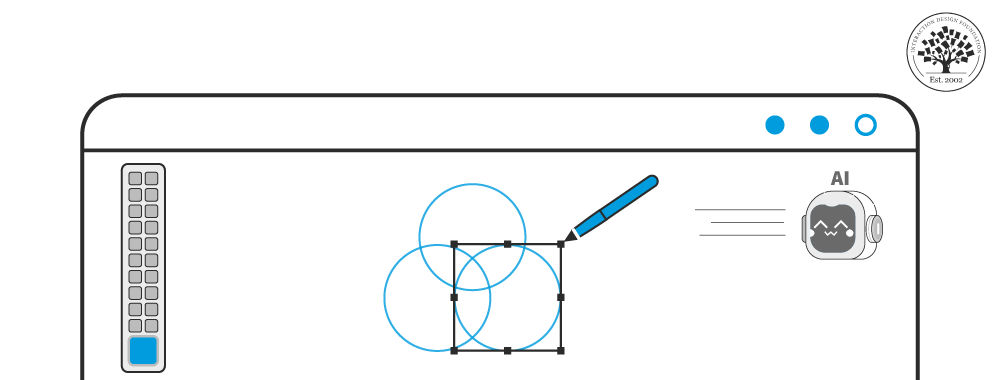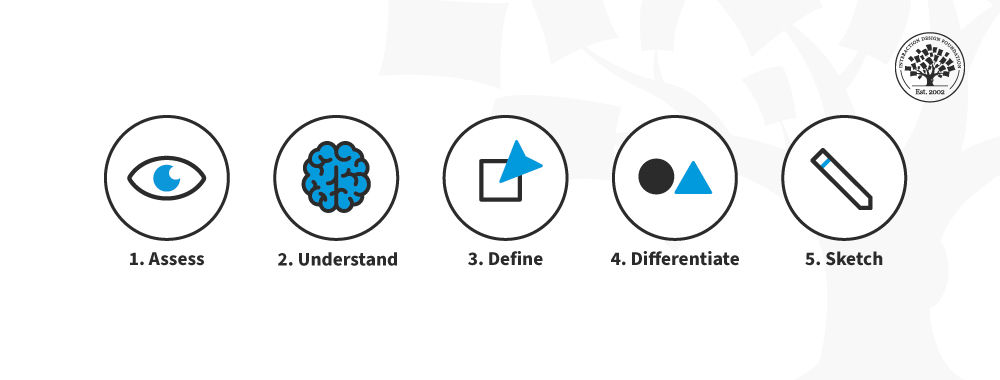Research suggests that we are more receptive to and likely to remember information when we are in a state of preparedness. This provides strong support to the argument for conditions that get learners into the best possible mental state prior to the presentation of important information. Every instance of learning may benefit if the preceding events influence the learner(s) in a positive way to create an environment that enables the receipt, storage, and potentially retrieval of that information at a later point.

Author/Copyright holder: Allan Ajifo. Copyright terms and licence: CC BY 2.0
As Nicholas Turk-Browne, Assistant Professor of Psychology at Princeton University states
"...beyond the inherent memorability of things, and how well the memory systems are working, there's a huge role to be played by how well prepared you are to process what's coming in".
Turk-Browne was involved in a recent study which looked into brain activity whilst participants were carrying out a memory task when they were either ready to learn or not ready to learn. They found significant levels of activity in a specific part of the brain (the parahippocampal cortex) predicts how well participants were able to remember the visual scenes that were presented to them while being tested.
The notion that preparedness influences learning is not necessarily new, but what constitutes preparedness, in terms of cognitive 'exercise', is still under consideration. To someone sitting an exam preparedness is the state that follows hours and hours of revision, and to a sportsman it is the state that follows hundreds of hours of practice and specific physical training. However, when we are unable to invest such significant amounts of time to these activities, either through constraints or the unpredictable nature of our tasks and many actions, how can those in charge of learning create this state of preparedness to improve the retention of information?
So far, little research has looked into the possible methods for improving preparedness, but a research team at Massachusetts Institute of Technology headed by Julie J. Yoo concluded that
"Either students could improve their ability to be prepared to learn, or teachers could recognise when students were prepared or not prepared to learn: in both cases learning would proceed more efficiently".
Therefore, a fundamental element of learning is not necessarily what takes place during the learning process itself, rather the stages prior to this phase and our ability to recognise when we are not in this state.

Author/Copyright holder: FEMA. Copyright terms and licence: All rights reservedImg source
Research and Design
How can we apply these findings and conclusions to design? Well, for all of the effort in the world, and even if you have the best resources available, you are fighting a losing battle unless your learners or users are in the best possible state for processing the information. It is important then, to not only consider the contents and activities contained within an exercise or experience; instead, you should dedicate some time to consider what precedes these activities and experiences. Are the learners/users carrying out highly contrasting activities? What would they be doing directly before starting an exercise? What factors would be impacting on them, not just inherent to the tasks/exercises/product/etc. but in their surroundings and what is their internal state?
In Summary
It is important to take a complete view of the learning and/or user experience, to appreciate how best to support and generate a state of preparedness. Unless these things are taken into consideration and acted upon the learners/users may be affected and their experiences and, more importantly, performance may suffer as a result.
Header Image: Author/Copyright holder: Allan Ajifo. Copyright terms and licence: CC BY 2.0
